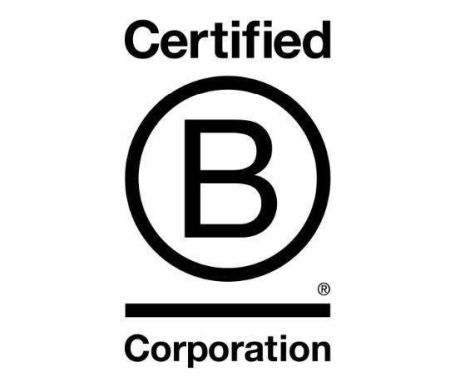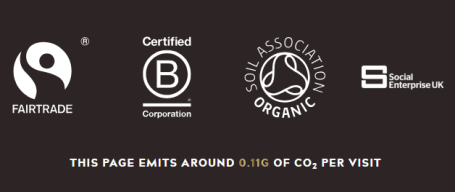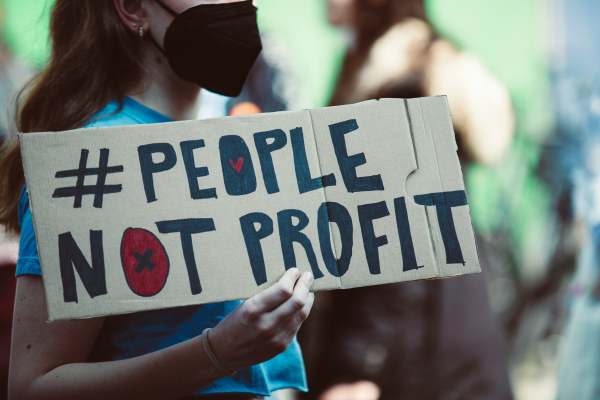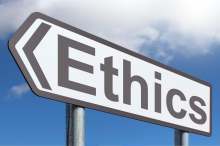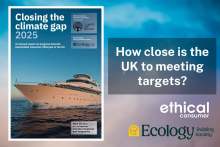B Corp - necessary but not sufficient
Because of this we can describe the B Corp certification as one that is in many cases necessary, but not sufficient, for ethical consumers to be sure they are making an ethical choice.
It is necessary because it can provide an assurance that the business is sufficiently serious about ethics to change its governance structure to reflect this (though being a registered Co-op or Social Enterprise can do this too).
It is not sufficient though, because most industries will have much more specific assurance schemes which will be needed, in addition, to sort the wheat from the chaff in each specific case.
Having said that, B Corp certification can bring value to areas where there are no specific industry-specific labels yet - such as solicitors or adverting agencies or sustainability consultancies. And it is in areas like this that B Corp appears to be thriving particularly. Though sometimes its desire for a broad appeal can, as we have seen, trouble the most radical of these.
Community and networks
Some businesses we have worked with at Ethical Consumer are also impressed with the active community that B Corps have built in the UK, and with the learning that can be had from going through its standard self-assessment.
Of course, other communities of ethical businesses are available in the UK: such as those in the Co-op movement, the wider Social Enterprise sector, among the Good Business Charter's companies and even among Ethical Consumers own Best Buy network. And some companies are members of multiple networks as well as having multiple labels.
B Corp has done well in using language to inspire its movement, perhaps better than some of the other networks. Though there's a point where phrases like "transforming the global economy to benefit all people, communities and the planet" can seem a bit like over-claiming, especially given some of the criticisms discussed above. It looks like all the networks could learn from each other in this space to some degree.
In conclusion, in 2024, B Corps continue to be a welcome addition to the ecosystem of transformational ideas that the world still needs. But ecosystems, as we know, need diversity to thrive, and for consumers, other certifications and ethical business structures will continue to play more specific roles alongside it for the foreseeable future.


